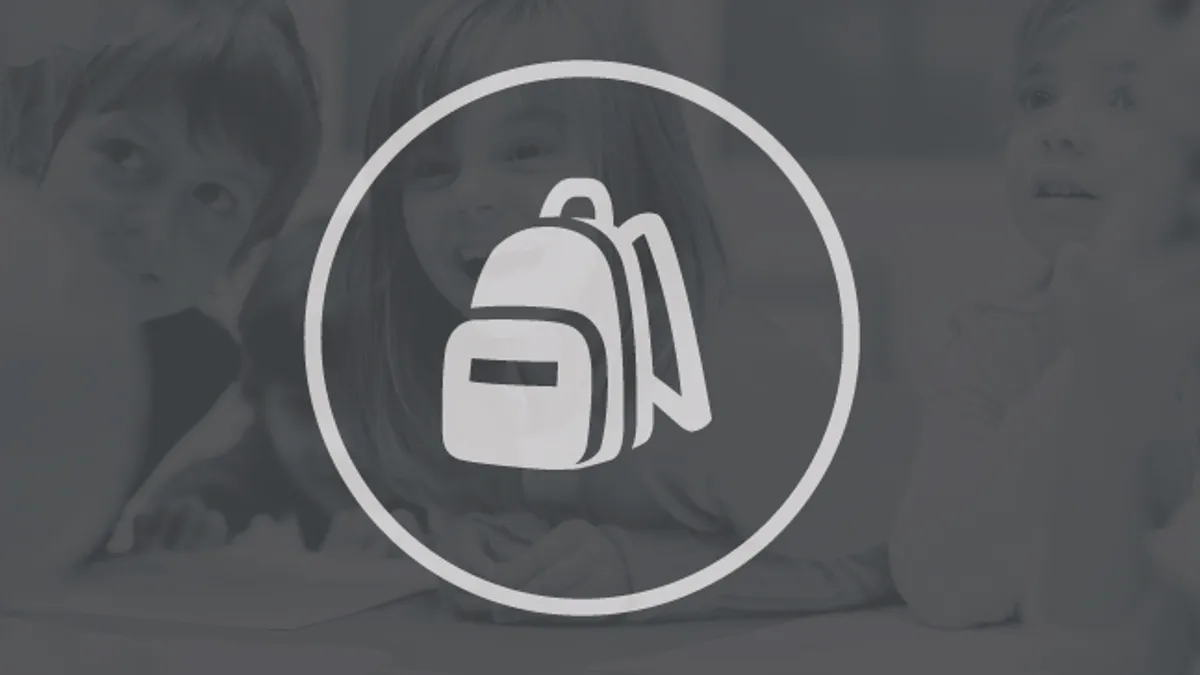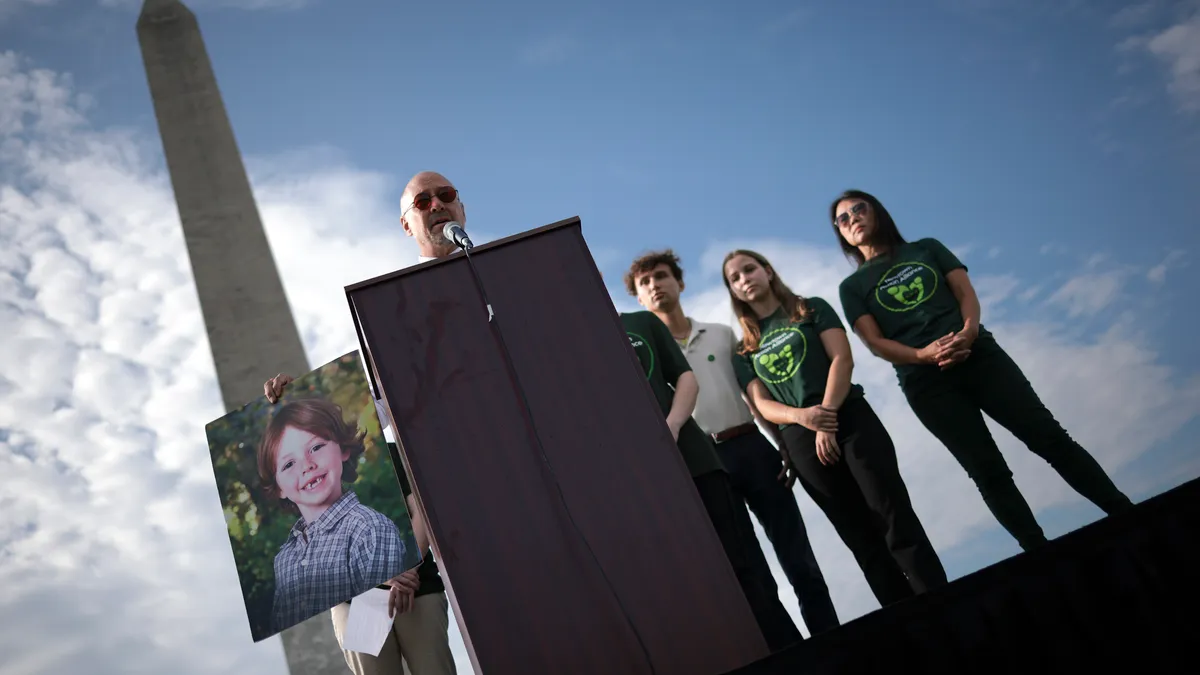This latest Pre-to-3 column focuses on poll results showing bipartisan support for action in Congress on early-childhood education issues. Past installments of Pre-to-3 can be found here.
As the 116th Congress begins, a new poll commissioned by the First Five Years Fund (FFYF) shows the public wants leaders on both sides of the aisle to prioritize early-childhood education, and that voters are eight times more likely to have favorable opinions of their members of Congress if they support programs and funding for early learning.
Conducted shortly after the November mid-term elections by Hart Research Associates, a Democratic polling firm, and Republican firm Public Opinion Strategies, the findings reveal voters are hoping early education will be a topic lawmakers can use to “cut through” some of the partisan gridlock, Sarah Rittling, FFYF's executive director, said during a webinar this week.
“Our new poll results make clear that voters care more about making progress on early learning than they do about political ideology — and they’ll be paying attention to what their lawmakers do over the coming weeks and months,” she said.
The results show 60% of the sample of 1,000 voters want both parties to work together, while less than a fourth said it was more important that members of Congress “stand strong on principle and do not give in to political pressure.”
“The key thing people are going to be looking for is forward motion,” said Jay Campbell, an analyst with Hart Research. The vast majority of both Democrats (81%) and independents (74%) also said it was important for Congress to increase funding for early-childhood education, even if the Trump administration receives credit.
Early-childhood issues have long attracted bipartisan support.
“Early-childhood education is one of the few policy areas with a long tradition of bipartisan support and action,” Linda Smith, the director of the Early Childhood Initiative at the Bipartisan Policy Center in Washington, wrote in an email, adding that many members of Congress campaigned on the issues related to young children.
She noted the Military Child Care Act, which improved the quality and availability of child care on military bases, the 2007 reauthorization of Head Start, the 2014 reauthorization of the Child Care and Development Block Grant, and the Preschool Development Grants as examples of federal programs passed with bipartisan support.
The FFYF poll results also delve into which policies and programs relating to young children voters are more likely to support. Overall, more than half of the sample — 55% — said federal funding for child care and preschool should be increased, while only 12% said the government should spend less in those areas.
Republican respondents showed the most support for providing businesses with tax incentives if they help offset the cost of quality early learning programs for their employees. But more than 60% of Republican voters also expressed support for increasing funding to expand Head Start and Early Head Start. Conservatives have been the most critical of Head Start over the years, pointing to studies showing the benefits of the program fade over time.
Regardless of their political affiliations, the majority of respondents also favor increasing federal funds to states so they can expand existing child care programs for working parents, increasing the child care tax credit, and awarding more grants that allow states and communities to expand access to quality early learning programs for children from low- and middle-income families.
The high cost of quality child care and private preschool programs could explain why voters find common ground on these issues. The poll shows that even those earning more than $100,000 say there is a lack of high-quality, affordable programs for low- and middle-income families in their communities.
“Finding quality and affordable early childhood programs, particularly child care, is a challenge for a lot of American families,” Smith said, adding that more public funding is needed. “The poll shows that there is no downside to doing this for members of Congress.”














